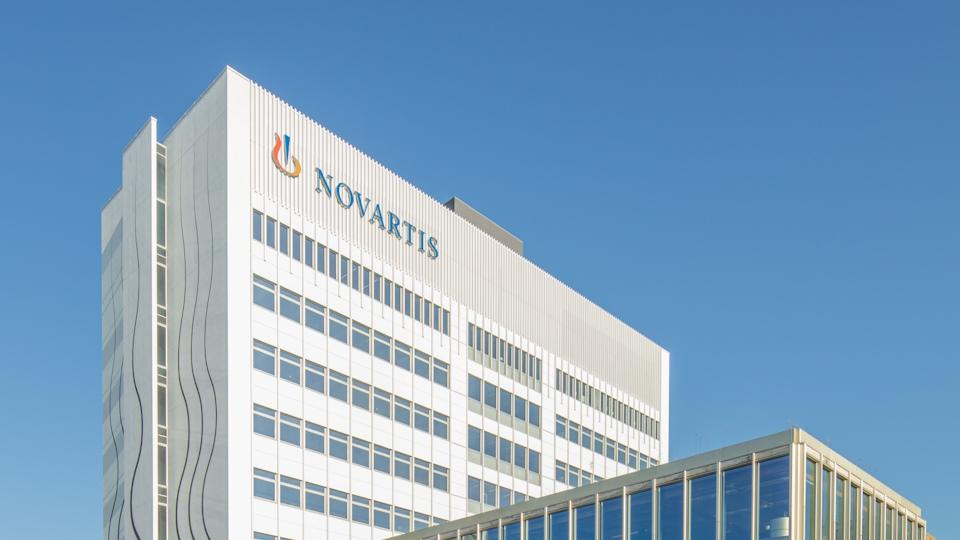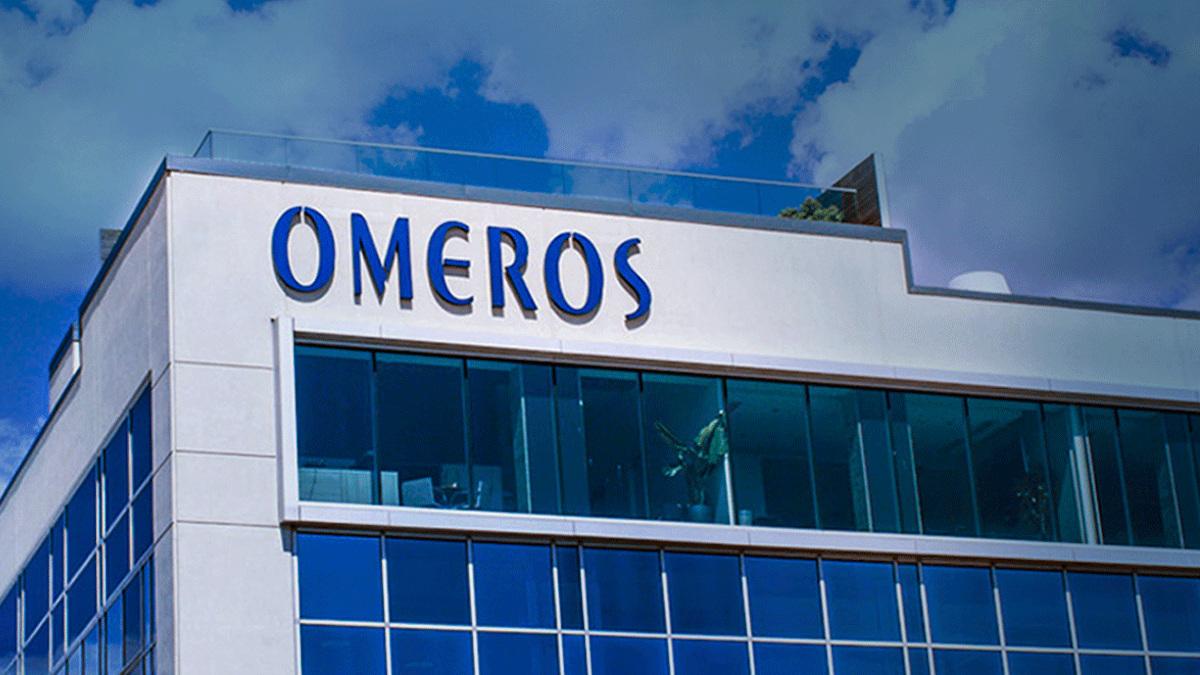Novartis’ Fabhalta is first FDA-cleared oral therapy for PNH

Novartis’ targeted factor B inhibitor iptacopan has become the first oral monotherapy to be approved by the FDA for rare blood disorder paroxysmal nocturnal haemoglobinuria (PNH).
The drug, which will be sold as Fabhalta, offers an alternative to therapies for PNH like AstraZeneca/Alexion’s complement C5 inhibitors Soliris (eculizumab) and Ultomiris (ravulizumab) and Apellis’ C3 inhibitor Empaveli (pegcetacoplan) that need to be delivered either by infusion or injection. It has been approved with a broad label, covering previously treated and treatment-naïve patients.
Victor Bultó, president of Novartis in the US, said that the approval of Fabhalta “may mean that patients can reset their expectations of living with PNH.”
Analysts at Jefferies have previously said that iptacopan could hit $3.6 billion in peak annual sales if it gets approved for all its target indications, which, along with PNH, include atypical haemolytic uraemic syndrome (aHUS) and rare kidney diseases C3 glomerulopathy (C3G) and idiopathic membranous nephropathy (IMN). Novartis itself is predicting it could make $3 billion or more.
In PNH, the body’s complement system destroys red blood cells leading to anaemia and fatigue and, in some cases, patients need regular blood transfusions. It is estimated that approximately 10-20 people per million worldwide live with PNH. It can develop at any age, though it is often diagnosed in people between 30-40 years old.
Significant unmet need remains in PNH, despite complement therapies, according to Novartis, which said a large proportion of patients can remain anaemic and dependent on blood transfusions even on treatment.
Between 20% and 50% of PNH patients treated with Soliris or other drugs in the C5 inhibitor class can’t get symptoms under control and require blood transfusions, so there’s a clear need for new treatment options.
The FDA approval is based on the APPLY-PNH and APPOINT-PNH trials, which showed that the drug was able to achieve “clinically meaningful” increases in haemoglobin levels, in patients who were still experiencing residual anaemia despite prior treatment with anti-C5 antibodies and those who had not previously been treated with C5 inhibitors, respectively.
In the trials, treatment with Fabhalta increased haemoglobin levels by 2 g/dL or more from baseline in the majority of patients who did not receive blood transfusions, outperforming C5 drugs. Meanwhile, in APPLY-PNH, nearly all patients treated with Fabhalta did not need to have transfusions.
“An efficacious oral treatment with a demonstrated safety profile could be practice-changing for physicians and help relieve burdens experienced by people with PNH,” said Vinod Pullarkat, clinical professor in the department of haematology and haematopoietic cell transplantation at City of Hope in California, USA.













